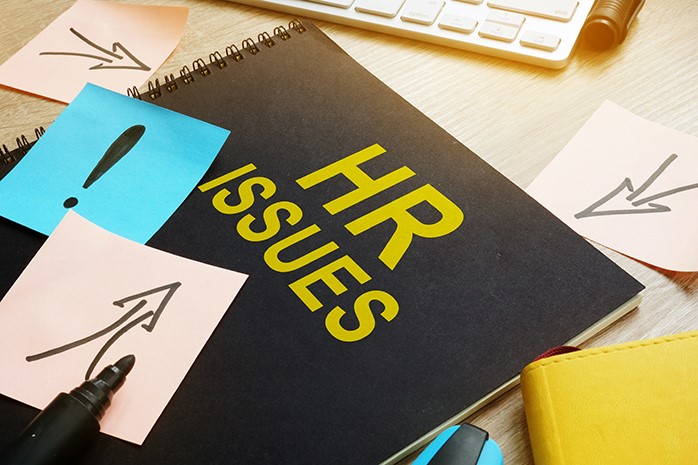
By Anthony Kaylin, courtesy SBAM Approved Partner ASE
Now that it’s 2019, the crystal ball is brought out to provide a glimmer of the future. What should HR expect down the road? How can HR be more proactive and ahead of the curve? In HR, it’s like putting out fires every day, and strategic thinking goes to the wayside when every minute something new and distracting takes precedence. The following are predictions by various seers as to HR in 2019 and beyond.
1. Family leave for non-parents will become more common
Although Paid Sick Leave is the current trend, the paid leave in the future will not just be for sick leave, but more expansive to cover the sandwich generation. Carol Sladek, who leads Aon Hewitt’s work-life consulting program, believes more companies in 2019 will start to extend “family leave” to non-parents who want time off to care for an aging parent, grieve for a lost family member, or help with a sick spouse. For example, a common disconnect of these leaves is “I’m sitting here trying to care for my 83-year-old father, and Jane, sitting next to me, gets 18 weeks of paid maternity leave. That doesn’t feel right,” she said.
2. Wage gaps will grow
Brian Kropp, the group vice president for Gartner’s human resources practice, believes that the wage gap will grow as more employees leave for higher pay as it is the only way to get a promotion these days. Salary budgets only impact current employees. Therefore, 2.8%-3.2% of average yearly growth of salary budgets only impacts salaries on the books already. However, new hire salaries, which are primarily backfills of jobs, are found in different budgets, and not constrained by the salary budget. As the skill gaps are more difficult to fill, the buyers’ market will continue, and new hire salaries will be more competitive and higher than current incumbents.
3. Pay transparency will be more prevalent
With laws protecting employee and supervisor discussions of salary, more incumbents will find that they are “underpaid” compared to the newly hired, whether going to Glassdoor.com or salary.com to find this information. This situation will lead to morale issues and a host of new problems. Market adjustments will have to be more frequent Kropp said. Epstein Becker & Green attorneys expect to see a push in reviewing equity, but not just pay, also advancement opportunities in the organization.
4. People analytics will take on greater importance in HR Strategy
A study by Visier found that the profit margins of organizations with advanced capability in people analytics are 56% higher than those of their peers. It’s a no brainer to non-HR that HR needs to focus more on people analytics. A Corporate Research Forum study found that 69% of large organizations have a people analytics team. For the HR practitioner, it means that they must become more proficient in analytics that can measure and identify outcomes.
5. HR will have to refocus its approach to data security
Kristina Bergman, the CEO of Integris Software, says, “There are an increasing number of protections in place for consumers — things like the ability to opt in and opt out, or needing consent to use their data. Employees, however, have less control over how their employers use their data.” Bergman believes that employers will have to use a modified consumer model for employee data. “I think what they’ll start to demand is that employers specify a certain duty of care when it comes to dealing with their data,” Bergman said. “I think it will become part of their marketing pitch, in the same way benefits packages are, as employers start to disclose how they treat employers’ data, too, and use that as an indicator of the moral and ethical fabric of the company.”
6. New technology will start to overtake emails
Josh Bersin says, “If you’re working with less than 200 people at a time, you really don’t need email — it’s a waste.” He thinks messaging tools such as Slack will continue but also believes greater adoption of Microsoft’s Teams, which is integrated into Microsoft 365, will be a game-changer. Both Bersin and Kropp also see greater adoption of workplace tech tools that nudge managers or employees via texts or other alerts (though the nudges are likely to come through email initially, too).
7. More HR outsourcing
And finally, it is likely that with many of these trends impacting HR, HR training and programs will not evolve fast enough to allow practitioners to meet the needs of their organizations. In that regard, more organizations may look to outsource more of their HR functions to large 3rd parties that have the bandwidth and cost structure to provide the greater HR coverage necessary for the organization to be competitive in these economic times. As law firms are under attack from the large accounting firms, so will likely HR.